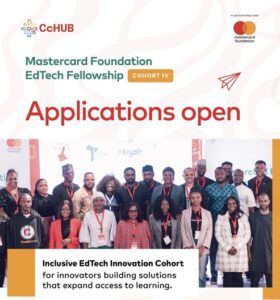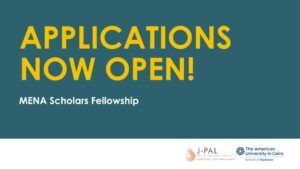The Roger Casement fellowship has been established to honour the memory of the Irish human rights activist Roger Casement who spent some of his early working life in Calabar, Nigeria. He was an early advocate for human rights while in Nigeria, and, famously, during his later work in the Congo, the Amazon and in Ireland. With his humanitarian legacy in mind, it has been decided to support one Nigerian student to study a master’s degree in human rights in Ireland.
Under the Casement fellowship, full financial support is provided for one-year full-time post-graduate education for candidates from Nigeria to undertake a one year master’s level course of study in Human Rights in Ireland. The purpose of the Roger Casement Fellowship Programme is to provide talented candidates with the opportunity to pursue advanced education and professional development in Ireland in order to contribute to the future development of Nigeria.
Benefits
The Roger Casement Fellowship Programme normally covers: return airfares, full tuition, stipends to cover accommodation and subsistence costs, health insurance and other allowances, in addition to the necessary entry arrangements such as medical examination and visa.
Eligible Countries:
Nigeria
Eligible Courses:
Masters programmes at Irish higher education institutes in the areas of Law, Human Rights and Governance.
Eligibility
Candidates will need to have achieved the necessary educational standard to be accepted onto a Masters course in a Higher Education Institute in Ireland. In addition, there are a number of essential requirements to be eligible to apply for this scholarship.
Candidates must:
- be a citizen of Nigeria and be residing in Nigeria
- have achieved the necessary academic standard to be accepted onto a master’s level course of study in Human Rights
- have a minimum of two years’ relevant work experience.
- be able to demonstrate a strong commitment to the development of Nigeria.
- be able to take up the fellowship in the academic year for which it is offered.
- meet any relevant procedural requirements of the Government of Nigeria.
- be able to demonstrate skills in academic English by achieving an appropriate score on a recognised test (e.g. IELTS 6.5).
An applicant will not be considered further in either of the following circumstances:
- They already hold a master’s qualification.
- They have applied for the Roger Casement Fellowship on two or more previous occasions without being awarded a fellowship. (Cases where an applicant withdrew from the process previously may be considered if there were exceptional or unforeseen circumstances for withdrawal in that instance).
- They are currently working, or it is anticipated that they will work in the future, at our embassies or at headquarters. Those personnel who have worked with any of our embassies/missions in the past must allow a full year before becoming eligible to apply for a fellowship.
Applications
Please read the Applicants Guidance Note carefully before completing as eligibility criteria may differ from country to country.
The application process consists of three stages:
- Stage 1Â Â Preliminary Application;
- Stage 2 Â Â Detailed Application;
- Stage 3 Â Â Interviews.
If shortlisted after the interview stage, all applicants will be required to take another English language test, normally the IELTS exam, unless they are already in possession of an IELTS certificate that is dated 2019 or later which shows the applicant has achieved the necessary score for the course(s) they intend to apply to. Early preparation for the IELTS exam is strongly advised, even for native English speakers.
For More Information:
Application Deadline: Â 13 September 2020.

